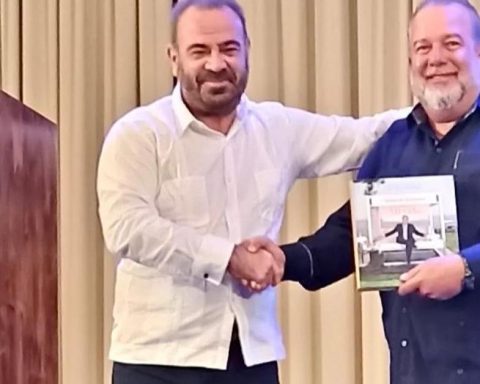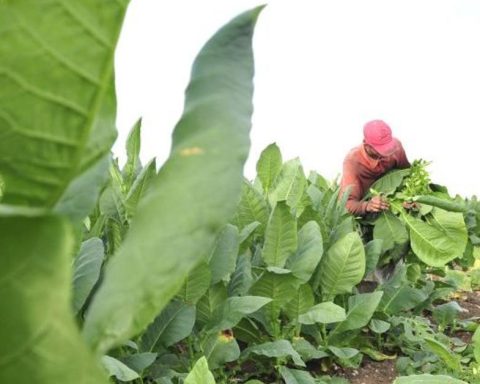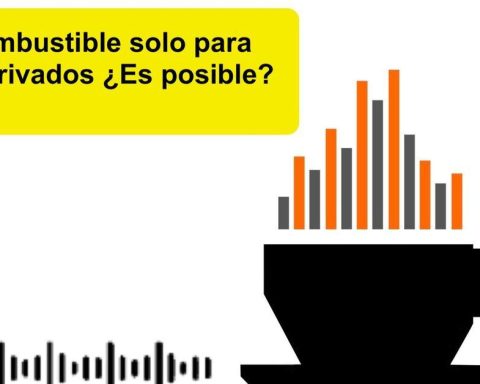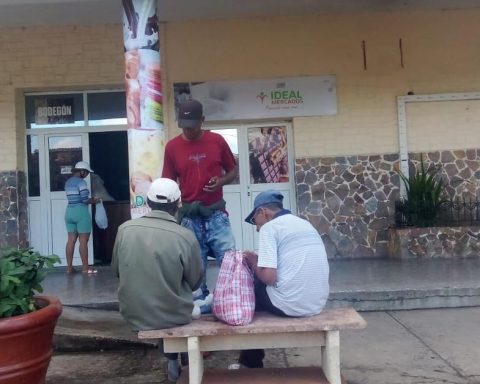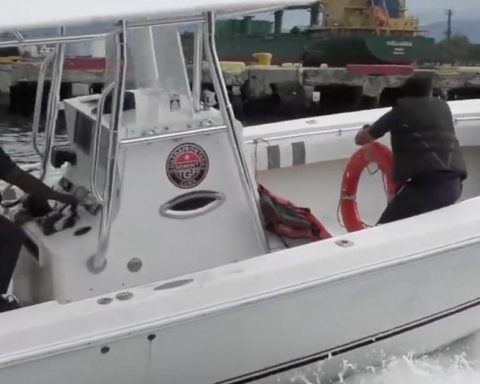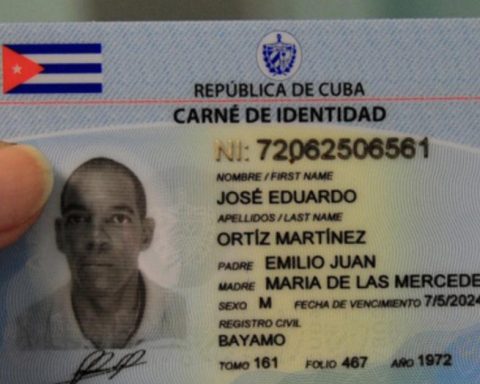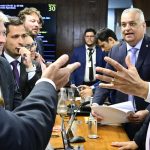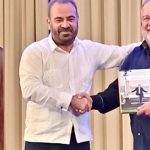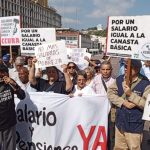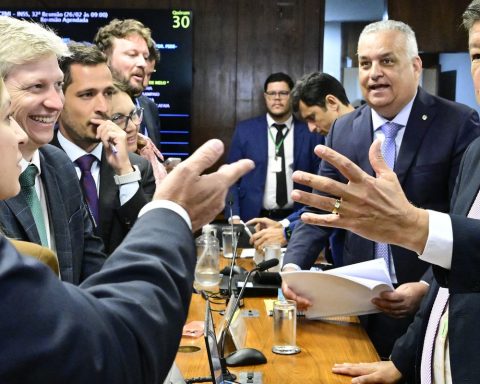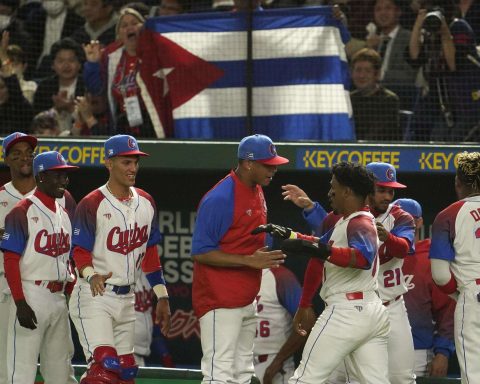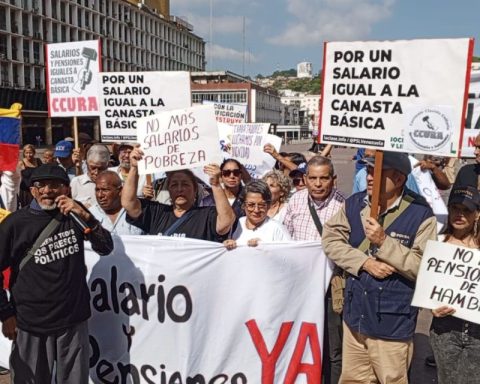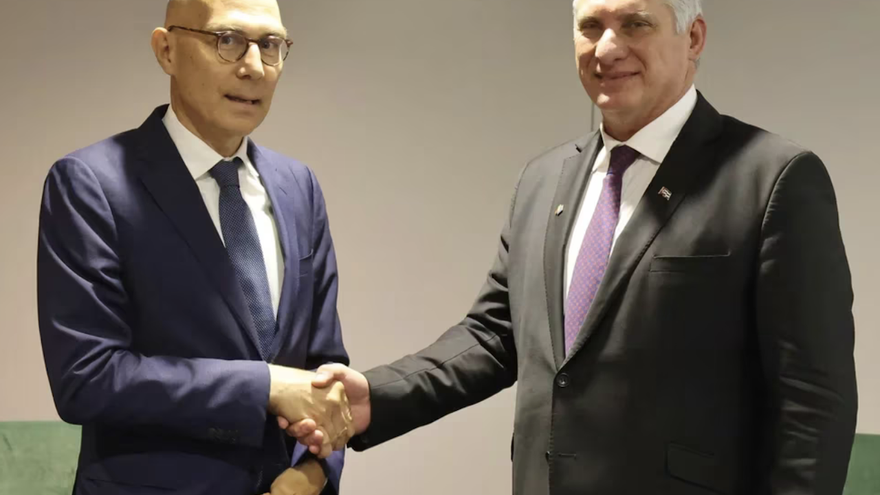
The leaders of the European Union (EU) and the Community of Latin American and Caribbean States (Celac) agreed on Tuesday a final joint declaration without Nicaragua that expresses concern about the war “against” Ukraine, but avoids mentioning Russia or condemning the aggression military to bridge differences with Latin American countries.
Cuba, represented by President Miguel Díaz-Canel, has also signed it, without the island’s official press expressly saying so.
“It was a long and intense day, whose main axis could be summed up in the imperative to do something when the planet is experiencing its most complex moment and that is why it is eager for real cooperation between human beings”, summarize a note in cubadebate which is limited to highlighting the positions of the leaders against the US embargo.
Regarding that of the Chilean president, the leftist Gabriel Boric, for example, they cite that “the United States sanctions against Venezuela and Cuba contribute nothing, and that the declaration that Cuba is a terrorist country is unacceptable.”
“I do not understand that the joint declaration is stuck because some do not want to say that it is the war against Ukraine. Dear colleagues, today it is Ukraine but tomorrow it could be any of us,” Boric said.
However, they do not transcribe his statement on Ukraineforceful: “I do not understand that the joint declaration is blocked because some do not want to say that it is the war against Ukraine. Dear colleagues, today it is Ukraine but tomorrow it could be any of us. We do not hesitate in this due to the complacency that can be had in one moment or another with any leader. It doesn’t matter if the president of a country is liked or disliked, the important thing is respect for international law, and here international law has been clearly violated. Not by both parties: by one part that is invading, which is Russia”.
The final declaration at the summit, held in Brussels since Monday, read: “We express our deep concern about the ongoing war against Ukraine, which continues to cause immense human suffering and is exacerbating existing fragilities in the world economy, limiting growth , increasing inflation, disrupting supply chains, increasing energy and food insecurity, and heightening risks to financial stability.”
In any case, to garner the support of its Latin American partners, it avoids the harsher language with which Europe usually refers to the Russian war of aggression in Ukraine. The final text has gone ahead as a bloc declaration with a footnote indicating that it was supported by all the countries, “with one exception”, in reference to Nicaragua, which it does not name.
Similarly, in the final document, the EU and CELAC state their support for “all diplomatic efforts” aimed at achieving “a just and lasting peace in accordance with the Charter of the United Nations.”
Despite the fact that Europeans and Latin Americans wanted to avoid tensions and it was ruled out inviting the Ukrainian president, Volodimir Zelensky, the conflict in Ukraine has been the focus of the negotiations in these two days of the summit. Until the last moment, work has been done to overcome the obstacle that Nicaragua, Venezuela and Cuba have represented for their refusal to condemn the Russian invasion of Ukraine, with the Central American country being the main stumbling block in the end to close a common text.
From the first meeting between European and Caribbean leaders since 2015 comes the commitment to hold regular leaders’ summits every two years, the next one, in the Celac region
Beyond Ukraine, at a press conference, the President of the European Council, Charles Michel, has claimed that the document agreed after the summit between the EU and Celac is an “ambitious declaration” that exemplifies the “new dynamic” that the EU wants to generate with the countries of Latin America, after a period of eight years without a high-level summit.
From the first meeting between European and Caribbean leaders since 2015 comes the commitment to hold regular leaders’ summits every two years, the next, in the Celac region in 2025. To this end, both regions have agreed on a roadmap and the ministers Foreign Affairs will regularly monitor relations, thus paving the way for high-level meetings.
Regarding cooperation between the two regional blocs, the results of the summit do not go beyond generalities, without concrete commitments on the content of future relations between the EU and Celac. The leaders affirmed their interest in “open and fair” relations and their determination to “strengthen and develop” trade and investment ties, a context in which they applaud the progress to conclude the modernization of the EU agreements with Chile and Mexico. “in the coming months.”
However, the text lowers the expectations of Spain and the European Commission for achieving a definitive “impetus” for the agreement with Mercosur at this summit and limits itself to “taking note” that the “work is still underway.”
On the other hand, Miguel Díaz-Canel met this Tuesday with the United Nations High Commissioner for Human Rights, Volker Türk.
During the meeting, the Cuban president said on Twitter, both ratified the “will to continue strengthening cooperation ties with the United Nations Human Rights Office and the UN human rights mechanisms on the basis of respectful and constructive dialogue “.
This Monday, Conservative and Liberal MEPs they had asked for a condemnation of the left-wing dictatorships and the demand that Cuba release the more than a thousand political prisoners it has in its jails.
The Island will submit in November to the Universal Periodic Review (UPR), a mechanism of the UN Human Rights Council that every five years analyzes the degree of compliance with human rights in its member countries.
Also in November, Cuba will receive the special representative of the European Union (EU) for Human Rights, Eamon Gilmore, as announced by the head of that bloc’s diplomacy, Josep Borrell, during his visit to the island last May.
________________________
Collaborate with our work:
The team of 14ymedio He is committed to doing serious journalism that reflects the reality of deep Cuba. Thank you for accompanying us on this long road. We invite you to continue supporting us, but this time becoming a member of our newspaper. Together we can continue transforming journalism in Cuba.
